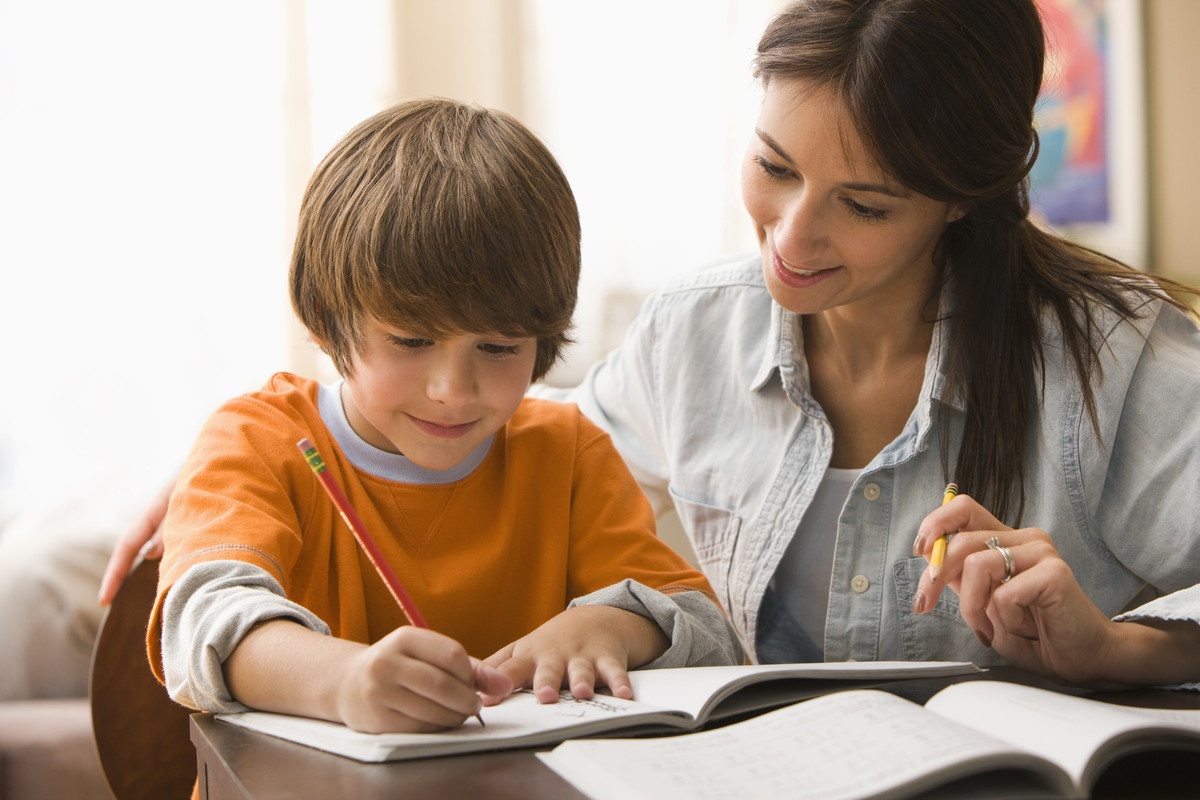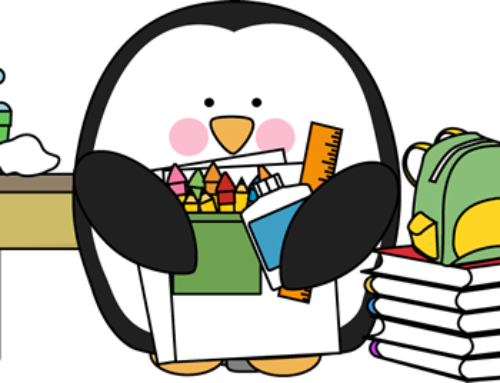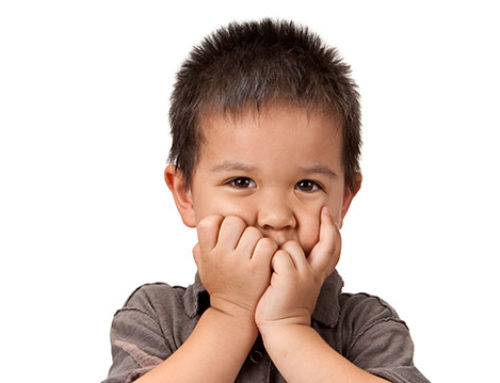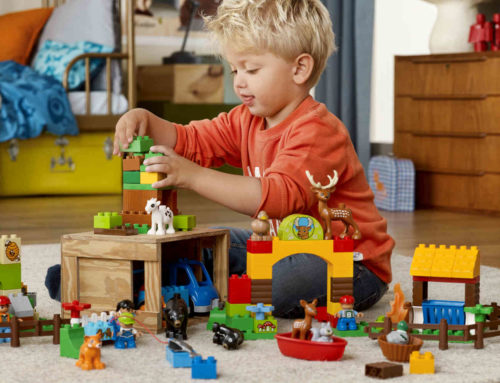Did you know that vocabulary development has been shown to have a significant impact on children’s comprehension skills, reading achievement and writing skills?
Whilst some people may think that once a child starts talking the job is basically done, in actual fact there is still a very long way to go!
Having a rich vocabulary helps your child to say what they mean in a succinct and explicit way when sharing ideas, opinions, thoughts and feelings. It also helps them understand and interpret what other people are saying or what they are reading.
It’s never too early to encourage your child’s vocabulary skills and the good news is it’s easy to do at home!
Here’s a “Say it another way” game we have put together for you to try with your child. You can use it anyway you like to best suit your child’s needs and current abilities but to get you started here are 3 of our ideas…
- Pick one of the words on the game board and see how many different ways your child can express that same word. For example, instead of saying “scared”, they could say, frightened, afraid, worried, anxious, terrified, nervous, fearful, troubled or petrified.
- Say a sentence to your child leaving the last word blank. Have your child pick a word from the game board that they think will be the best fit to end the sentence. For example, “The girl played at the park and then had an icecream. She felt very __________”. Once your child picks an appropriate word (e.g. happy), look up that word together in a thesaurus and make a note of some of the alternatives and keep them in a special word book or folder.
- Write some synonyms for each word on the game board on some post it notes. Give the post it notes to your child and ask them to sort the words and stick them onto the corresponding word on the game board. For example, a post it with “upset” on it, would be stuck on the game board word “sad”, and a post it note with “huge” on it, could be stuck over the game board word “big”.
These are just a handful of ways that you can use this “Say it another way” game. If you have any other suggestions or ideas feel free to leave a comment telling us all about it so that we can all benefit from each other’s creativity and help our children be the best communicators they can be!







